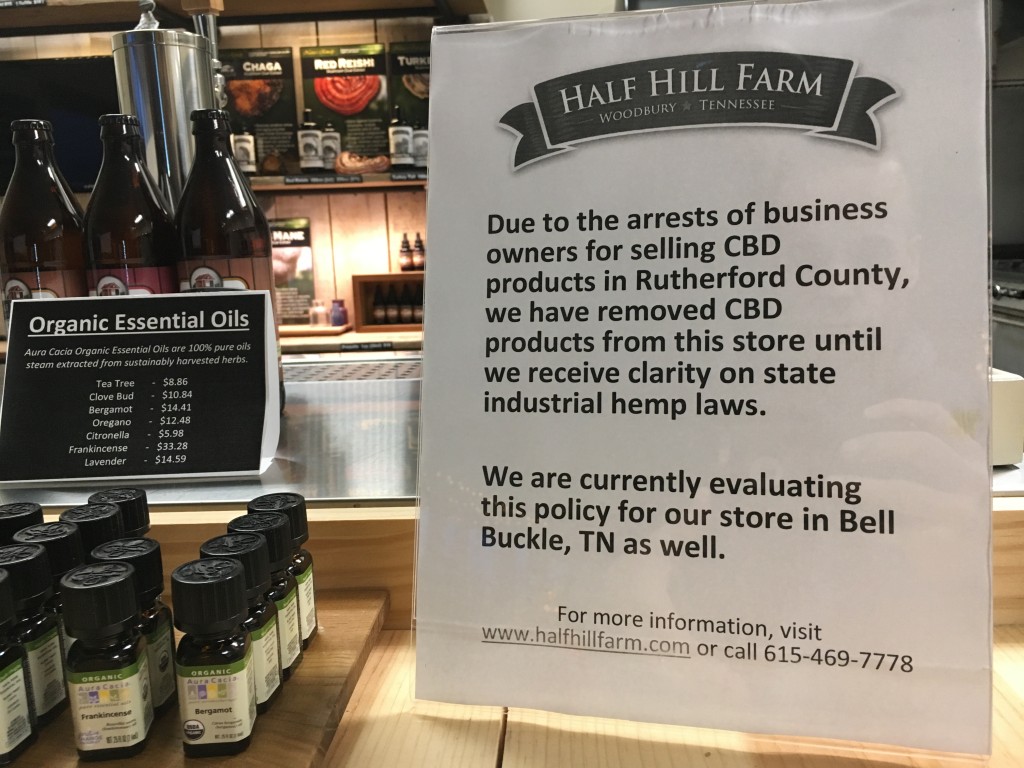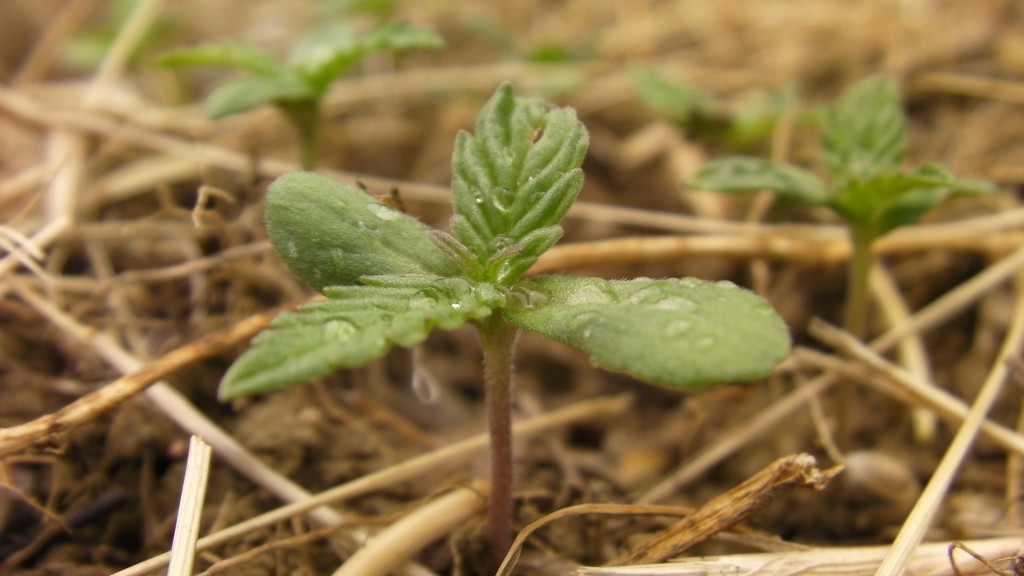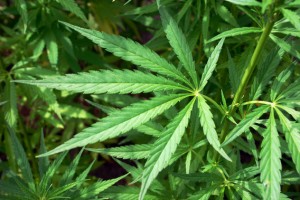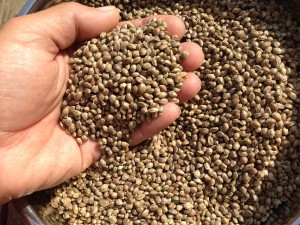
We don’t want to go to jail or have our business shut down for helping people, but that is the situation we now face here in Tennessee.
This past week, 21 business owners were arrested in neighboring Rutherford County after Rutherford County District Attorney General Jennings Jones secured indictments from Circuit Court Judge Royce Taylor citing a 2015 law that limited sales and possession of CBD. The problem, as Tennessee Hemp Industries Association President Joe Kirkpatrick points out, is that the law was updated in May 2017 unanimously by the Tennessee State Legislature and signed by Governor Haslam (Tennessee Public Chapter 369). That mistake could have caused harm to those doing it legally.
The definition of “industrial hemp” is a clear exception to the definition of marijuana under both state law and the 2014 Farm Bill, which created the industrial hemp pilot program. The TNHIA does not take a position on marijuana legislation, only on hemp legislation. If the products in question are “industrial hemp” derived, the TNHIA takes grave exception to the actions of Rutherford County law enforcement.
Unless the Rutherford County Sheriff’s Department and the Murfreesboro, Smyrna, and LaVergne municipal law enforcement investigators can prove beyond a reasonable doubt that the CBD products were derived from a “marijuana” source rather than an “industrial hemp” source, they are in clear contravention of the law allowing the growth, processing, blending, and marketing of such products, and the victims of this action should be entitled to petition for any economic and/or punitive damages applicable under the law.
- Joe Kirkpatrick, President Tennessee Hemp Industries Association
The new 2017 law removes industrial hemp and any dirivatives with .3% or less THC from the state’s marijuana criminal code and allows for legal possession without a doctor’s prescription as long as the product is clearly labeled and sourced to a licensed grower or producer. Judge Jones relied on an older version of the law requiring stricter rules.
We have seen first hand what this amazing plant can do for veterans and for families helplessly caught in a policy-driven opioid crisis that has our country in a state of declared national emergency. It is unfortunate that the lawful good we can do is declared criminal by a Rutherford County District Attorney while those fomenting this national opioid crisis continue to profit on addiction and death.
Despite our confidence in state law and the products we carried that helped many customers from all walks of life, one DA and a circuit judge has undermined that confidence for us and an entire industry. We hope more clarity and education about the law does result from this. Due to the confusion and actions taken against other businesses, we have removed CBD products from our Woodbury store until we receive clarity from the 16th Judicial District of Tennessee on state industrial hemp laws. You can purchase our TN Public Chapter 369 compliant CBD products at the Wellness Emporium of Bell Buckle, TN.
UPDATE 02-17-2018: We’ve now restocked our Woodbury store with our CBD hemp oil products following clarity from the court.
UPDATE 02-28-2018: District Attorney Jennings Jones has dropped all charges against store owners. If you are a district attorney in Tennessee and have law enforcement or politicians coming to you with this issue, take note and don’t make costly mistakes like this.


 While industrial hemp contains little to none of the psychoactive ingredient THC, hemp seeds produce the highest omega 3 and omega 6 fatty acids of any grain. Milled seed is an excellent source of oil and plant protein, and hemp is one of the world’s most renewable sources of industrial fiber.
While industrial hemp contains little to none of the psychoactive ingredient THC, hemp seeds produce the highest omega 3 and omega 6 fatty acids of any grain. Milled seed is an excellent source of oil and plant protein, and hemp is one of the world’s most renewable sources of industrial fiber. In the mid 1800s, Tennessee farms reported growing over 2,200 tons of cannabis using it to make rope and industrial canvas used in boat sails and to bag cotton harvests. According to state records, production fell with competition from other states.
In the mid 1800s, Tennessee farms reported growing over 2,200 tons of cannabis using it to make rope and industrial canvas used in boat sails and to bag cotton harvests. According to state records, production fell with competition from other states.